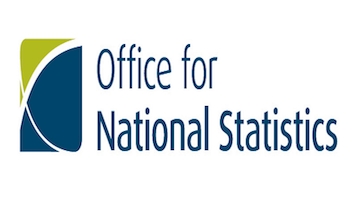UK inflation rose to 2.5% in July, after holding steady at 2.4% in the previous three months.
The increase came as the cost of transport and computer games rose.
It was the first jump in the Consumer Prices Index (CPI) measure since November and was in line with forecasts.
At the same time the Retail Prices Index (RPI) measure of inflation fell to 3.2%.
Despite the rise, wage growth was still outstripping inflation, with the ONS saying average earnings, excluding bonuses, rose by 2.7% for the three months to June.
For manufacturers, the cost of raw materials was 10.9% higher than in July 2017, the biggest rise in more than a year.
Much of the cost pressure was caused by oil price increases of more than 50% over the period.
Kate Smith, head of pensions at Aegon, said: “Today’s figure of 2.5% confirms an unwelcome return of rising inflation, marking the 18th month in row that inflation has exceeded the Government’s target of 2%, and diminishing the overall spending power of households.
“There’s little comfort to be had for savers, who may have expected a welcome boost in their savings rate following the recent hike in the Bank of England base rate.
“However, with many banks and building societies failing to pass on the rate rise in full, many will be earning a lower rate of return than inflation, effectively losing money.”
She added: “Now is the time for those people to think long term and make their money work harder.
“Doing this boosts people’s savings, protects them against the ravages of inflation and helps savings last longer.”

